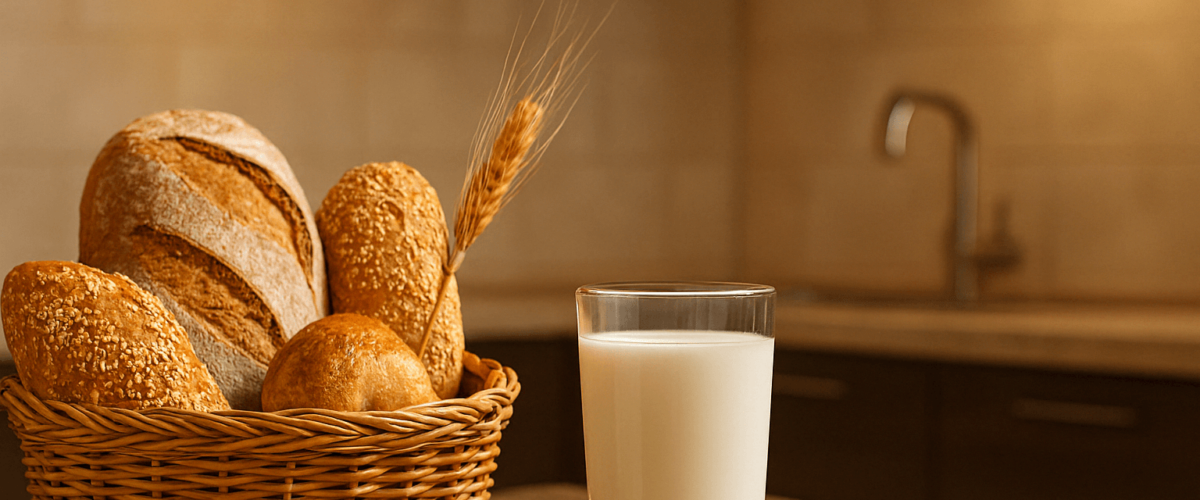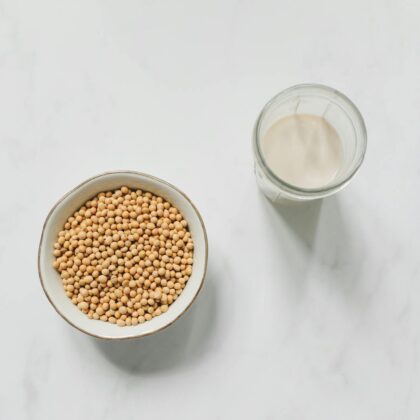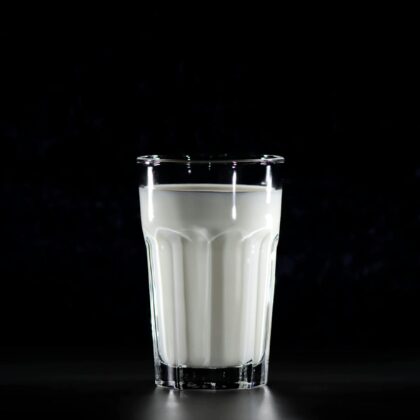
Today, digestive disorders affect the quality of life of a growing proportion of the world's population. Among the most common food intolerances, lactose and gluten intolerances are distinguished by their sometimes similar disorders and their repercussions on the diet of the individuals concerned.
But what about people who suffer from both intolerances? Is this possible? Yes, it is, What to eat What should you choose to protect your health and well-being? Our team can tell you more about double intolerance to lactose and gluten.
Can you be lactose and gluten intolerant at the same time?
The answer is (unfortunately) yes 😅.
Lactose intolerance or 'alactasia' and gluten intolerance are characterised by different biological mechanisms. They can also coexist in the same personThis is because certain genetic predispositions can make an individual more susceptible to developing several food intolerances and that an overall fragility of the digestive system opens the way to various disorders and pathologies.
When gluten intolerance is linked to coeliac disease, an autoimmune pathology that causes inflammation of the small intestine when gluten is ingested, damage to the small intestine can contribute to the development of the disease. reduce production of the enzyme lactase and lead to secondary lactose intolerance. In this specific case, alactasia (lactose intolerance) is generally temporary and is reduced by a strict gluten-free diet.
What are the challenges of a dual food intolerance?
Lactose intolerance and gluten intolerance can be difficult to identify because they are accompanied by sometimes identical manifestations bloating, abdominal pain, diarrhoea, chronic fatigue, etc.
A precise diagnosis is therefore necessary to identify the intolerance or intolerances experienced and adopt an adapted lifestyle.
For lactoseWe recommend that you a hydrogen breath test or a blood test. It is also possible to have the lactase supplementation test from LACTOLERANCE (fast, simple and reliable self-diagnosis). ✅
For glutenwe recommend that you a blood test to measure antibodies or an intestinal biopsy to confirm coeliac disease.
Setting up an elimination regime (or avoidance test) can also be useful if you want to assess the effects of the absence of lactose or gluten on your digestive comfort.
What diet should I adopt if I am both lactose and gluten intolerant?
Eliminate lactose and gluten from your diet, while maintaining a balanced diet to limit the risk of deficiencies.
For this reason, avoid eating foods containing lactose (milk, dairy products, etc.) and foods containing gluten (wheat, rye, barley, oats, etc.). Also look out for products likely to contain lactose or hidden glutenJust like processed industrial dishes.
Turn to lactose-free, lactose-free and gluten-free alternatives to reduce your physical and digestive problems.
Plan balanced lactose-free and gluten-free meals, without neglecting your nutritional needs. Compensate for a lack of calcium and vitamin D with green vegetables, almonds and calcium-rich mineral water, and for a lack of dietary fibre with fruit, vegetables and seeds.
Finally, supplement your diet with B vitamins, especially vitamin B12, which can be deficient in people who limit their consumption lactose and gluten.
The LACTOLERANCE food supplements can also be of considerable help in adopting this restrictive regime.

Hello, I'm Vincent
Like you, I'm lactose intolerantI know exactly what you're going through and the difficulties you encounter on a daily basis. For over 10 years, I've been helping our customers to use our dietary supplements and giving advice and tips on how to improve their digestive comfort. I'm also a keen cook and gourmet, so you'll find my favourite recipes for a lactose-free diet in this blog.
Lactose intolerance is not inevitable! With LACTOLERANCE you can digest with complete peace of mind






